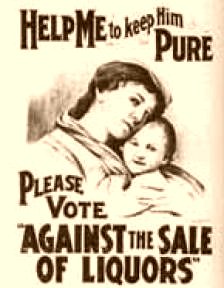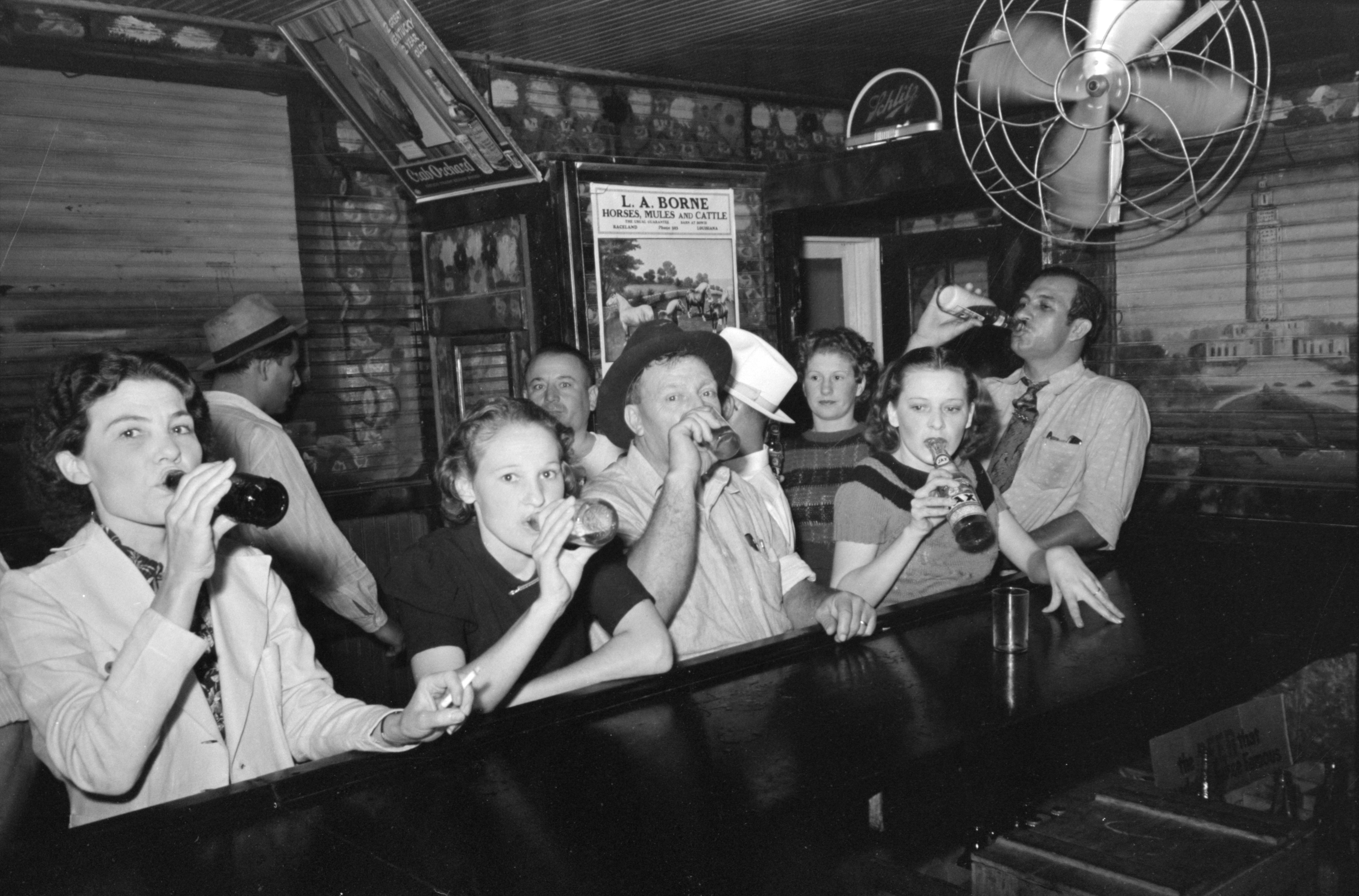 Both pieces of legislation had very good intentions. Prohibition was an effort to protect women and children from abuse of alcohol*. The "No Child Left Behind"(NCLB) law was an effort to provide an equal opportunity to succeed for all children**.
Both pieces of legislation had very good intentions. Prohibition was an effort to protect women and children from abuse of alcohol*. The "No Child Left Behind"(NCLB) law was an effort to provide an equal opportunity to succeed for all children**.
Neither worked.
The "No Child" law was proposed by President Bush on January 23, 2001 and enacted on January 8, 2002. On February 9, 2012 President Obama approved waivers of the law to 10 states.
Turning Points
Both pieces of legislation had some sort of negative turning point. Today, ironically, in 1929, the Valentine's Day massacre took place, which made people think that the positive outcomes of prohibition might not outweigh the negative ones.
Some might say the turning point for NCLB was when the GOP went back on a promise to provide more federal aid for low-scoring schools to improve. Others might say it was when President Obama announced waivers for 10 states on February 9, 2012.
Disadvantages
Organized crime was born out of prohibition. This is a problem that has plagued the country ever since, resulting in thousands of deaths and possibly more danger to women and children than alcohol.
The "No Child" law has had its own problems. Teacher's Unions all over the country have argued that measuring the effectiveness of a teacher and a school on one test is preposterous.
 The argument has some good points.
The argument has some good points.My mother is an occupational therapist for Boston Public Schools and an active member of the Boston Teacher's Union. She provided me this quote:
“NCLB is a wonderfully written law that is all about parent involvement, school choice, and supplemental services. However, like with most things, the devil is in the details.” – Robin Foley, Federation for Children with Special Needs, Boston.
Another argument is that teacher can teach well but no matter how well they teach, some students will never be good at taking tests, especially standardized tests. Is standardized testing really the best way to measure learning?
Are we going to get to the pearly gates and be quizzed on vocabulary or basic arithmetic? I hope not.
Do job interviews have a multiple choice selection? No.
Opposite Outcomes
Both prohibition and NCLB did not achieve their goals and in some cases made the situation worse. The stringent requirements of "No Child" have led to lower graduation rates at some schools.
 "High-stakes, test-based accountability doesn't lead to school improvement or equitable educational possibilities," said Linda McSpadden McNeil, director of the Center for Education at Rice University. "It leads to avoidable losses of students. Inherently the system creates a dilemma for principals: comply or educate. Unfortunately we found that compliance means losing students."
"High-stakes, test-based accountability doesn't lead to school improvement or equitable educational possibilities," said Linda McSpadden McNeil, director of the Center for Education at Rice University. "It leads to avoidable losses of students. Inherently the system creates a dilemma for principals: comply or educate. Unfortunately we found that compliance means losing students."(Source)
Drinking, especially in cities, increased during prohibition.
"When Prohibition was introduced, I hoped that it would be widely supported by public opinion and the day would soon come when the evil effects of alcohol would be recognized. I have slowly and reluctantly come to believe that this has not been the result. Instead, drinking has generally increased; the speakeasy has replaced the saloon; a vast army of lawbreakers has appeared; many of our best citizens have openly ignored Prohibition; respect for the law has been greatly lessened; and crime has increased to a level never seen before." - John D. Rockefeller Jr.
Alternate Solutions
The gap in performance between different racial, socio-economical, and family backgrounds seems to be the real issue. The main problem in a school in Florida is that most of a the student body is performing well but the ESL (English as a Second Language) kids are under-performing.
So how do we fix this? We put more money into the part of the system that is failing. We develop better techniques for teaching ESL students.
Similarly for prohibition, if people were so worried about abuse to families there should have been more money put into educating people, young and old, about healthy family life and how it is necessary to call the authorities when things get out of hand.
*This is a link about Prohibition in the United States, Wiki.
**This is an article that gives good background on the "No Child Left Behind" law, NY Times.
No comments:
Post a Comment